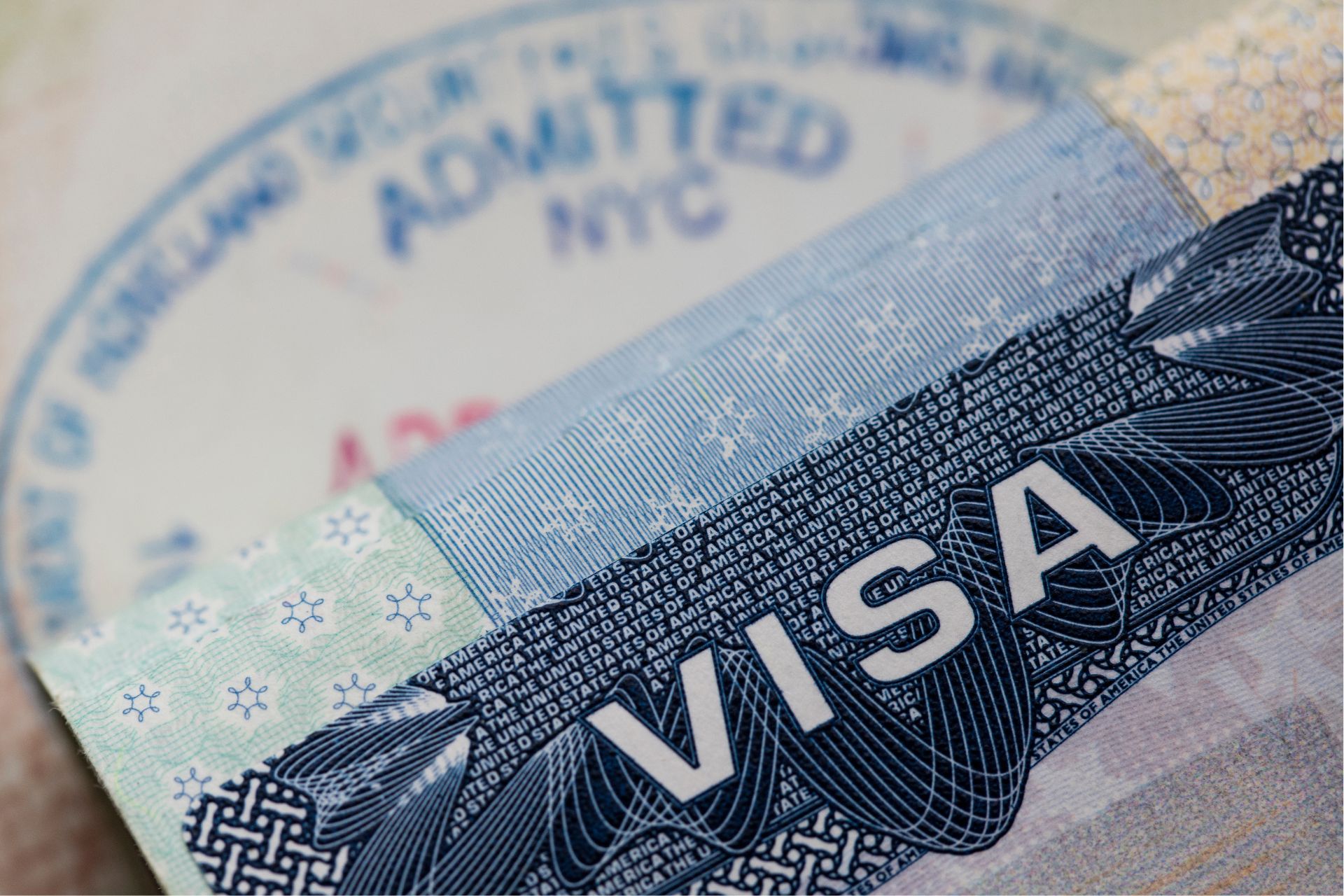The U.S. Department of State a new program for domestic visa renewal for qualifying H-1B holders. The program is meant to address wait times associated with visa processing. In addition, a renewal for in-person interviews is being addressed.
Domestic Visa Renewal Pilot Program
The Domestic Renewal Pilot Program, which could start as soon as January 2024, gives up to 20,000 eligible H-1B visa holders the ability to renew their visas within the United States. This eliminates the need for overseas travel. Eligible H-1B visa holders will simply mail their visas to the State Department, streamlining the renewal process. A Federal Register notice showing the program’s specifics is anticipated in December 2023. This pilot program serves as a preliminary step towards potential expansion.
This pilot marks the return of domestic visa renewal in nearly two decades. Under the current system, individuals who must have their visa stamped must travel to a foreign embassy or consulate. This often means waiting for an appointment, unsure of when they can return to the U.S. Additionally, return travel to the U.S. can see backlogs, particularly in India, a primary source of H-1B workers. These delays create significant challenges for both visa holders and their employers.
Several questions regarding the program remain unanswered. The Federal Register publication should provide some answers. Among the questions are how individual will be chosen for the initial pilot program.
Extension of Interview Waiver Program
The interview waiver program, which removes the in-person interview requirement for certain applicants, is being considered for extension. The current program’s expiration is set for December 2023. However, several organizations are pushing for a renewal. An extension requires an agreement between the Department of Homeland Security and the Department of State. Discussions are underway to determine the best approach, considering what is effective with current practices at U.S. ports of entry and identifying areas for improvement. Remote interviews are not currently under consideration, with priority given to waivers and domestic visa renewal.
Approximately half of all temporary visas issued in 2022 did not include in-person interviews.
These two programs offer welcome relief to consular staff, who are faced with limited resources to manage a growing caseload. By reducing the time required for H-1B stamping and in-person interviews, the staff has more time to address cases requiring more in-depth attention.
The average wait time for a visa appointment for travel to the U.S. currently stands at 130 days, down from 200 days in 2022. However, it is crucial to note that wait times vary significantly by location. For instance, wait times in Columbia at the Bogota location exceed 600 days. The DOS considers an acceptable wait time to be closer to 90 days.
For any U.S. immigration-related questions, please contact us. We continuously monitor developments in U.S. immigration policy to ensure our clients maximize their odds of a successful outcome. We are with you every step of the way through your U.S. immigration journey.

